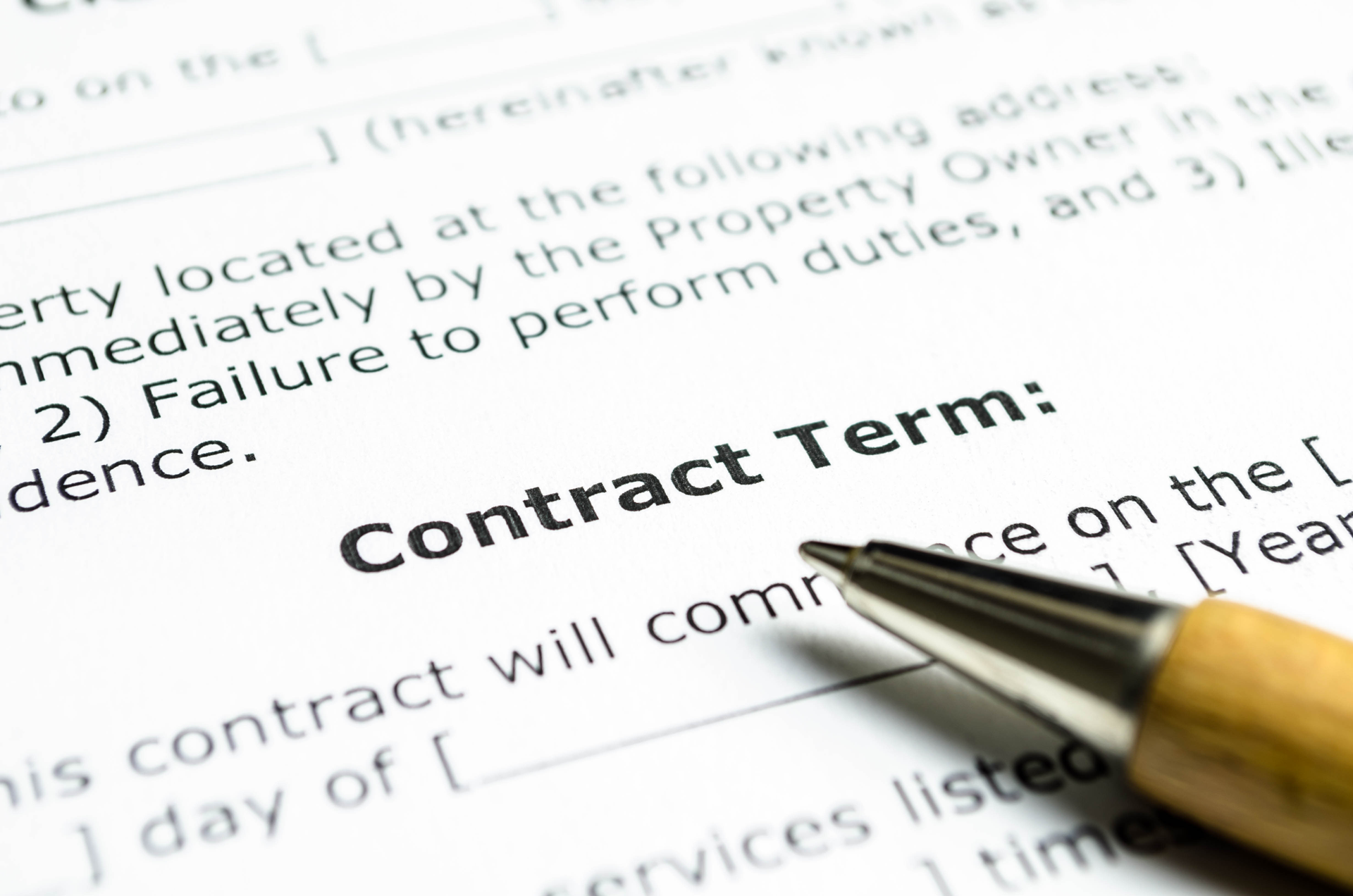In NZ, you must have a written employment agreement when you employ someone. If your employee doesn’t have a written copy, you can be fined $1000.00 per employee. Many Tradies use employment agreements they find online, such as the Employment.govt.nz employment agreement builder. Or they might download a copy from their professional association, like Master Builders Association.
Before you get your employee to sign it check it covers these 11 points.
- Is your agreement in writing? Employment contracts are still valid if they are not signed, for example, or if your employee agrees verbally or by email. But they should be signed if they contain a 90-day trial clause. The best practice is a signed copy by both you and your employee. You keep a copy in a safe place like a safe, and they get a hard copy. Boots and braces approach; send them a scanned copy via email.
- Ensure your business’s legal name and the employee’s names are on the agreement.
- You have to provide a job description for the employee’s work.
- State where the employee is to do their work. If you work in multiple locations, you should state the principal place of work but also state they agree to work at other sites within their specific region.
- Agree with your employee the hours of work and the days they will work each week, including start and finish times. Or else provide an indication of the work hours.
- Have you put in a 90-day trial clause? One of our clients discovered their agreements were missing this clause. We put it into his subsequent contracts. When a new employee signed his contract and was late to work on their first day, the clause was invoked without fear of a personal grievance. Their reasoning was if he arrived late for his first day, he’d be late every other day.
- Does your contract have the amount of wages or salary payable, and how and when will it be paid?
- You have to have a plain explanation of how to help resolve employment issues, including advice that a personal grievance must be raised within 90 days when the personal grievance arose or first came to the employees’ attention, whichever is the latter.
- Make sure your agreement has a statement the employee will get (at least) time-and-a-half payment for working on a public holiday.
- Is there a statement about the nature of the employment? Is it a fixed term, permanent, part time or full time, for example?
- If relevant to you, have you included an employment transfer provision to apply if the employer’s business is sold or transferred and the employee’s work is contracted out?
Here are 2 useful clauses you don’t have to have to have in your employment agreements but are helpful.
- A notice period doesn’t have to be in the agreement, but it is good to have. The standard notice period in New Zealand is 2 to four weeks. If there is no notice clause then fair and reasonable notice must be given by both the employee and the employer
- A Medical Incapacity clause is useful when staff have a long term illness or an injury that takes a long time to heal. You may be fearful of replacing them with a temporary employee while they are ill in case they accuse you of constructively dismissing them. This clause allows you to ask for up to date medical appraisals. If their absence is causing hardship to your business, you may be able to invoke it.
A well-written employment agreement gives your employee confidence in their employer. Agreements provides certainty of the wages they will be paid each week and when. Laws do change, and each contract is specific to each business.
One of the services you get when you sign up for We Love Tradies HR is a microscopic review of your employment agreements, policies and your health and safety plans to ensure they are up to date and fit for purpose. When you are ready to join We Love Tradies HR, call Viv on 022 562 0069.
Disclaimer!
We Love Tradies HR Ltd blogs contains only general information about legal matters. It is not intended to be legal advice and should not be treated as, or relied on, as such. For legal advice specific to your set of facts, please contact a lawyer appropriate to your legal issue.





